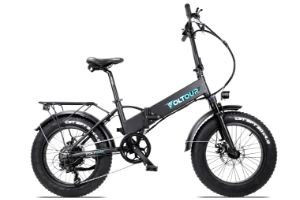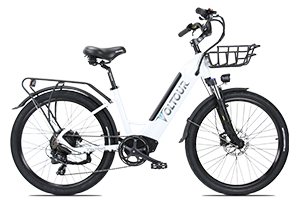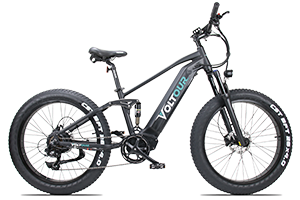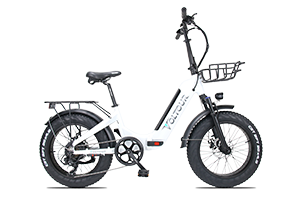The daily commute, a daily routine for most of us in the working class, whether it's down the street or across town, it becomes a dreadful routine. According to the US Census Bureau's American Community Survey, the average commuting time for the US population in 2019 was 27.6 minutes each way, meaning we're spending 55 minutes each day commuting to and from work. Assuming you work a 5 day work week, that is 5 hours every week spent in a car, 20 hours every month, 240 hours every year! Can you imagine what else you can accomplish with an extra 240 hours of free time every year?
At this moment, you are in your head thinking "well, I have no other choice, how else can I get to work?". What if you did have another choice? With the advancements in technology and the effort into providing sustainable transportation, there's another way! In the past few years, the perception of electric bicycles shifted from a novelty item to a practical and efficient mode of transportation for commuting. Today, many more people are choosing electric bikes as their source of daily commuting.

Are electric bikes good for commuting?
Yes, electric commuter bikes look the same as traditional cars, but they will not fool you. E-bikes use pedal assisted technology which allows for increased acceleration and helps keep the rider' s speed at a constant level.
Electric bikes have been gaining popularity in recent years as a viable alternative to traditional modes of transportation, particularly for commuting. If you're considering purchasing an electric bike for commuting, here are some compelling reasons why it might be a good choice for you:
-
Environmentally Friendly: One of the biggest benefits of commuting with an electric bike is that it is an environmentally friendly mode of transportation. Electric bikes emit zero emissions, making them a clean and sustainable way to get around.
-
Cost-Effective: Commuting with an electric bike can be a more cost-effective option than driving a car or taking public transportation. Electric bikes require less maintenance than cars and are much cheaper to operate than gasoline-powered vehicles.
-
Health Benefits: Commuting with an electric bike can also have significant health benefits. Cycling is a great way to get exercise, and even with the electric assist, riding an electric bike still requires physical effort. Plus, regular cycling has been shown to improve cardiovascular health and reduce the risk of obesity.
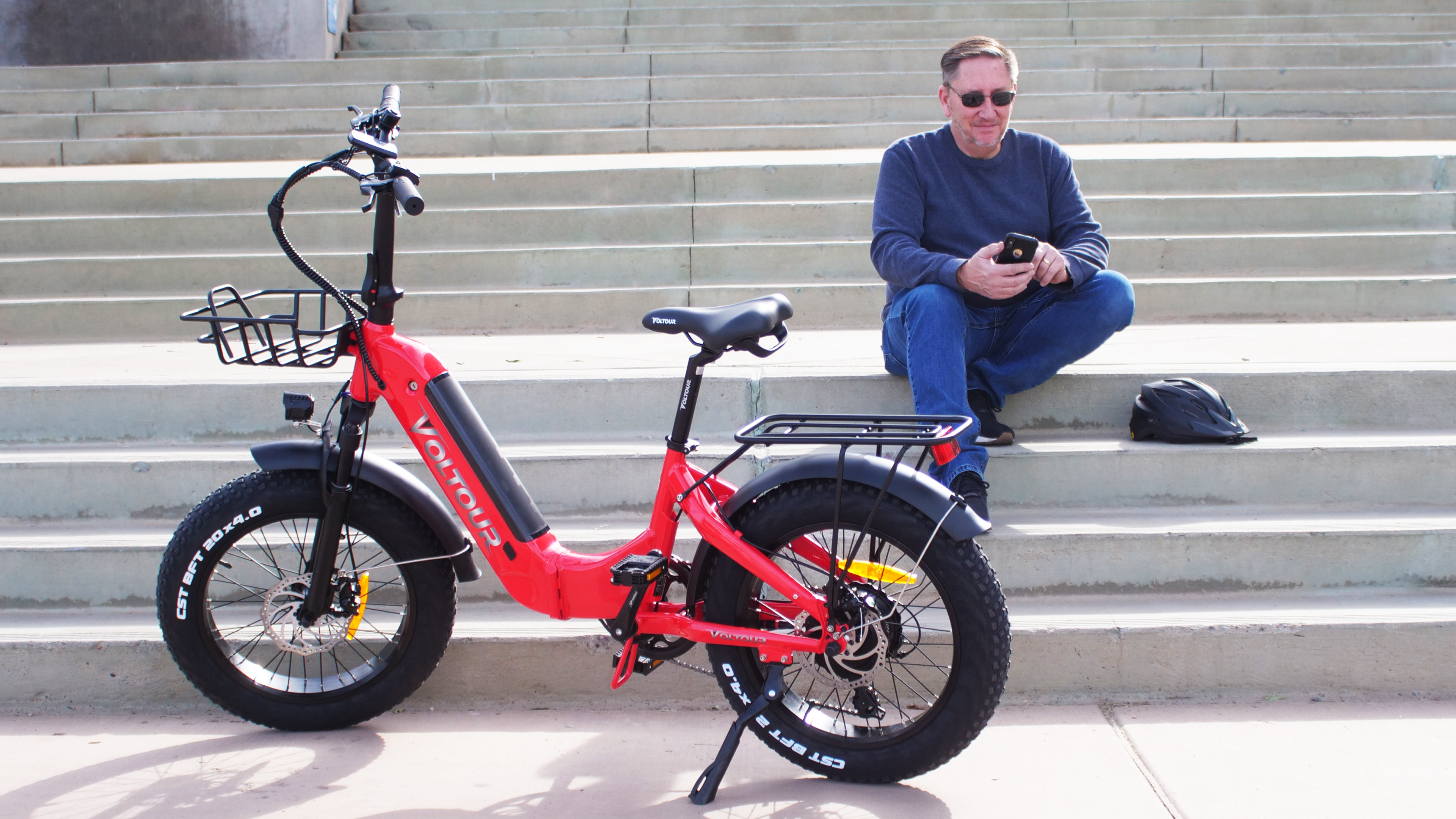
-
Saves Time: Commuting with an electric bike can also save time, as you won't have to deal with traffic congestion or waiting for public transportation. Electric bikes can also reach higher speeds than traditional bicycles, allowing you to cover more distance in a shorter amount of time.
-
Convenience: Commuting with an electric bike can also be very convenient, especially if you live in a city or urban area. With an electric bike, you can avoid the hassle of finding parking and maneuvering through crowded streets.
-
Fun and Enjoyable: Finally, commuting with an electric bike can be a fun and enjoyable way to get around. With the electric assist, you can enjoy the ride without worrying about getting too tired or sweaty. Plus, with the added speed and convenience, you can explore more of your city or town on your daily commute.
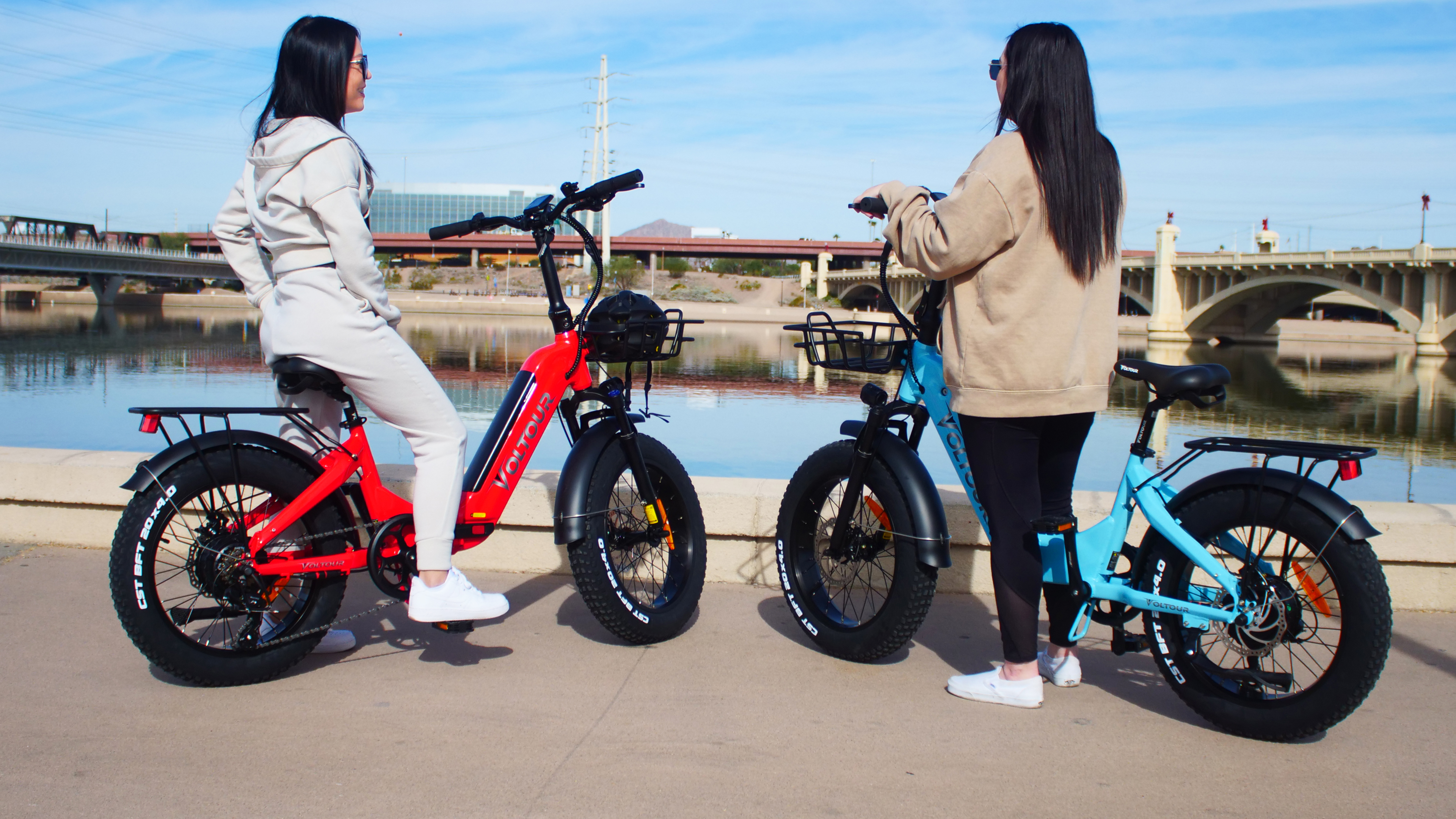
What do I need to know about commuting with electric bike?
So, now that I've got you on the hook for commuting with an electric bike, there are some factors that are important for you to take note of before buying an e bike. You're probably unaware that e bikes are considered a type of vehicle in some places and are subject to certain laws and regulations governing their use on public roads and bike paths. Most jurisdictions recognize 3 classifications of e-bikes based on the maximum speed, bike's motor and power output. Some areas require a specific license or permit to operate certain classes of bikes.
What is a reasonable commute on an electric bike?
Tell me the distance to complete a ride on a bicycle? The average bicycle user will be able to ride an electric bicycle every day with no problems. For some advanced riders, it is feasible for commuters up to 100 miles each day and there are riders who travel up to 100 miles every day. Typically a bicycle ride for about 10 miles takes about 15 mins to 20 mins. Typically, beginners level is closer to an hour.
What are the three classes of e-bikes?
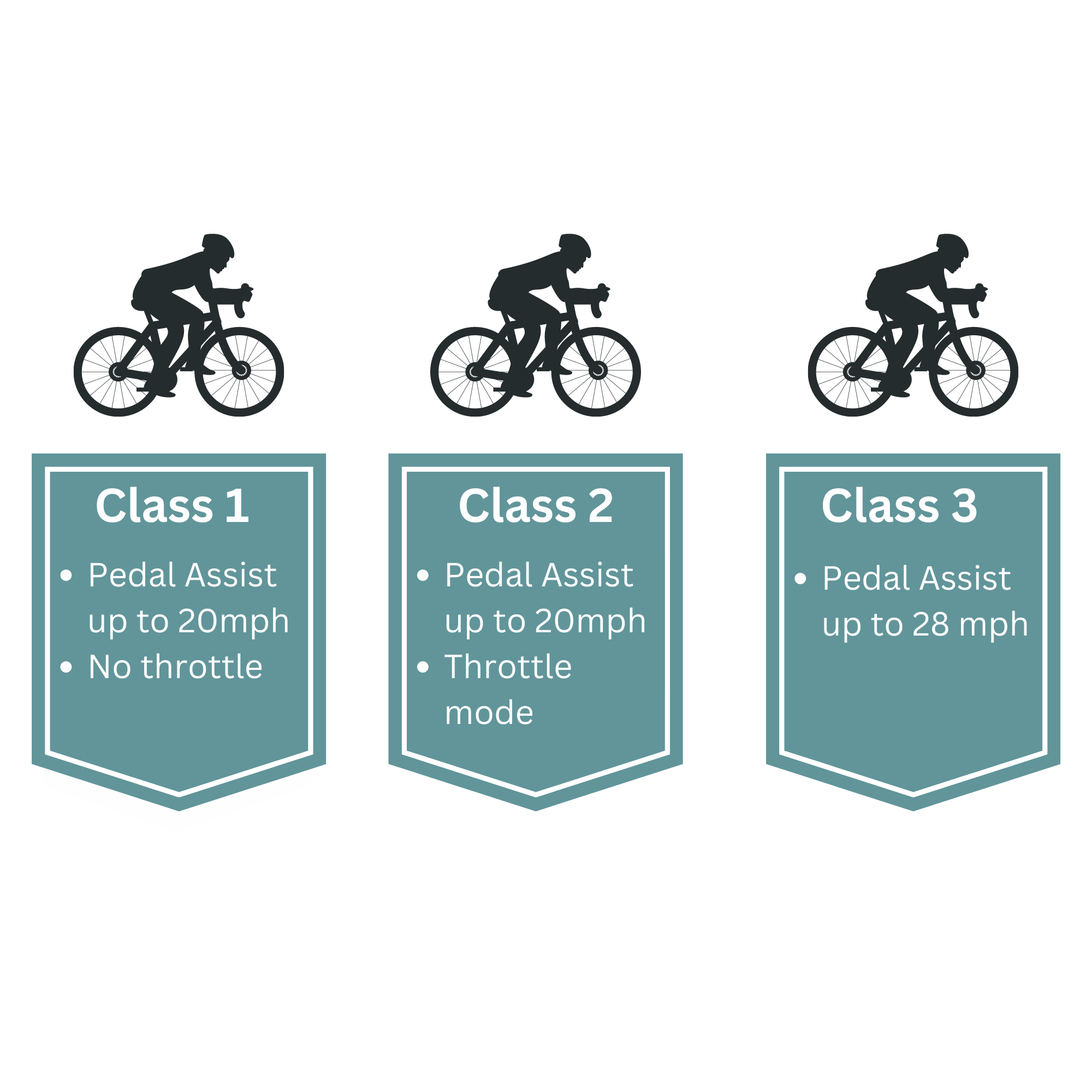
Class 1: The motor kicks in only when you pedal up to 20mph.
Class 2: The motor kicks in when you pedal and has a pedal assist mode up to 20 mph plus a throttle mode.
Class 3: The motor kicks in when you pedal, but the pedal assistance continues until you hit 28mph.
All of Voltour's e-bikes are set as Class 2 with a maximum speed up to 20 mph. An easy way to start research about local laws and regulations surrounding your commuter e bike is at the PeopleForBikes Coalition, they are a great resource for e bike newbies. It's important for riders to research and understand the local laws and regulations surrounding e-bikes before using them for commuting or any other purpose on public roads.
What kind of bike should I get?
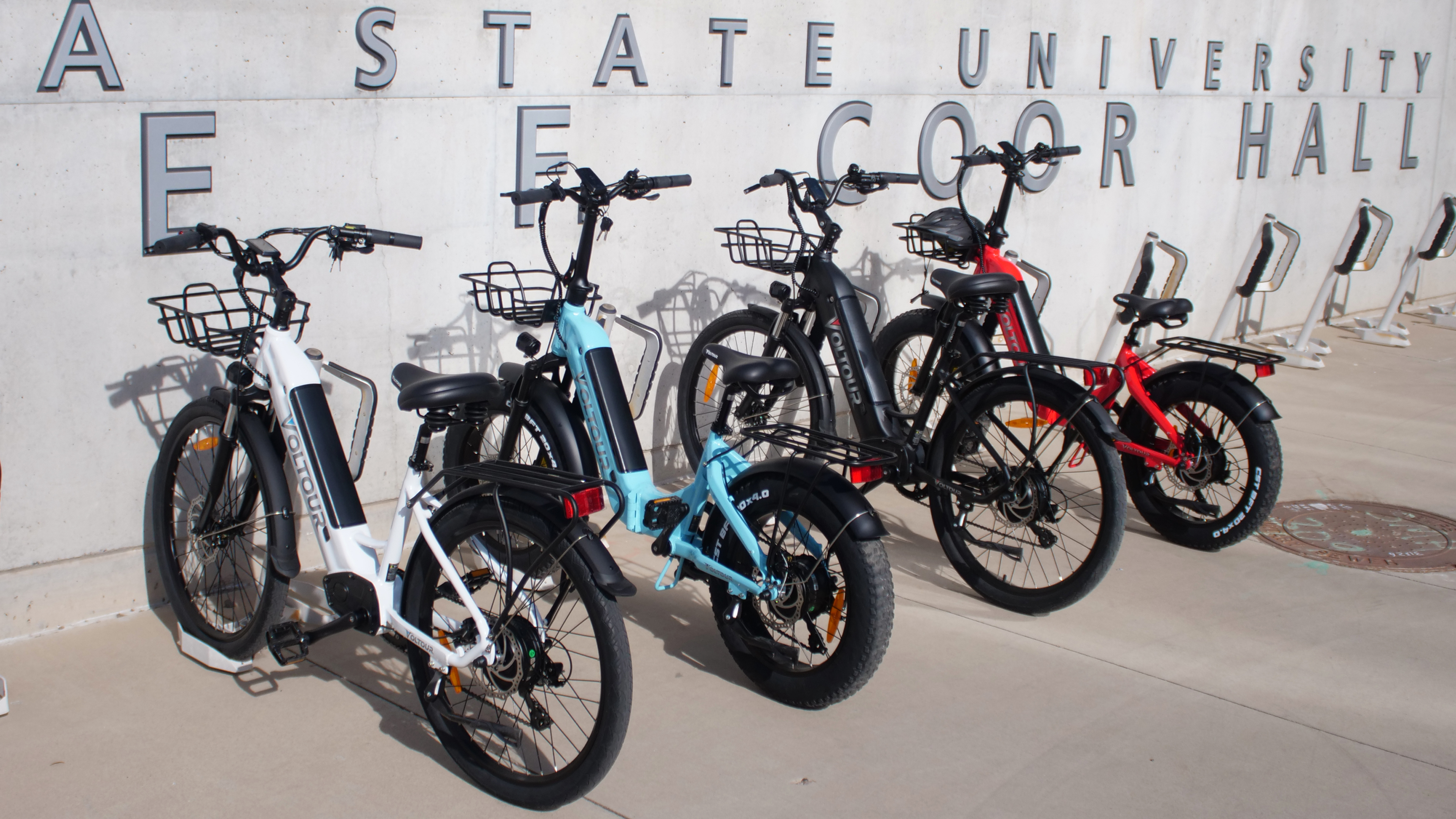
Shopping for a electric bike can be intimidating and a lengthy process. There are so many factors to consider, frame type, battery, size and type of tires, motor type and more. below is a cheat sheet of factors and what to keep in mind:
-
Motor: Consider the power, torque, and efficiency of the motor. Look for a motor with at least 250 watts of power and a torque sensor for a more responsive ride. All of Voltour's e-bikes are designed with a rear hub motor.
-
Battery: Look for a battery with a high capacity, measured in watt-hours (Wh) or amp-hours (Ah), for longer periods of riding. Consider the weight and size of the battery, and whether it is removable for charging.
-
Controller: The controller manages the power output of the motor and can affect the responsiveness of the bike. Look for a quality controller with smooth power delivery.
-
Frame: The frame should be sturdy and designed for the type of riding you plan to do. Consider the material (aluminum or carbon fiber), the weight, and the geometry of the frame.
-
Suspension: If you plan to do off-road or rough terrain riding, consider a bike with front or full suspension for a more comfortable ride.
-
Brakes: Consider whether you prefer mechanical or hydraulic disc brakes for better stopping power. Make sure the brakes are strong enough for the type of riding you plan to do. Tip: Mechanical brakes are less expensive and low maintenance.
-
Tires: Look for tires with good traction and durability for the type of riding you plan to do. Consider the width and tread pattern of the tires. Tip: Fat tires provide a more cushioned and smoother ride.
-
Drivetrain: Look for a drivetrain with a wide range of gears for versatility in different riding conditions. Consider whether you prefer a single-speed or multiple-speed setup.
However, if you're anything like me who's never owned a regular bike, the technical factors, like amperage, wattage, or brake type, are like a foreign language, you can take Voltour's e-bike finder quiz to find your ideal bike.
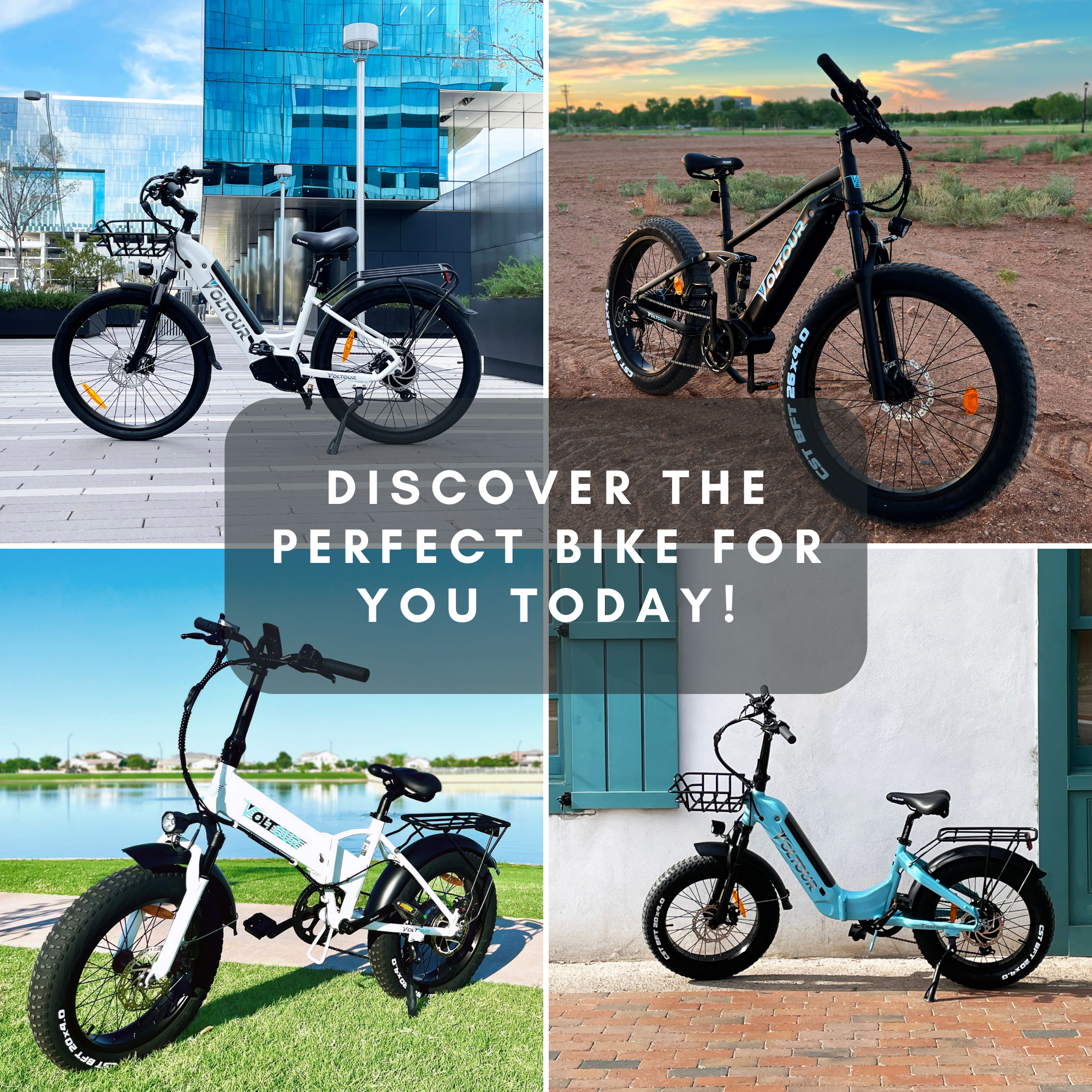
In conclusion, there are many compelling reasons why you should consider purchasing an electric bike for commuting, including convenience, cost-effectiveness, environmental friendliness, health benefits, faster commute times, fun, and versatility. If you're looking for a way to make your daily commute more enjoyable and sustainable, an electric bike may be the perfect solution for you.

